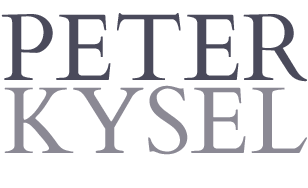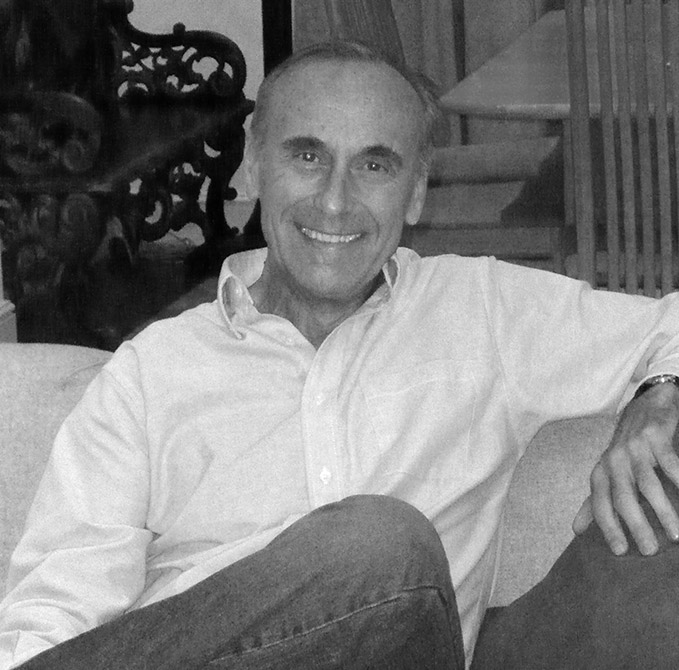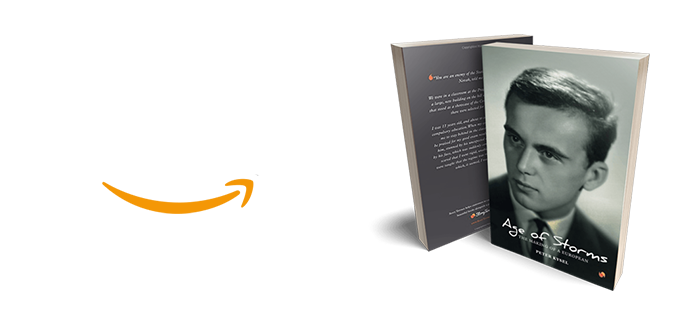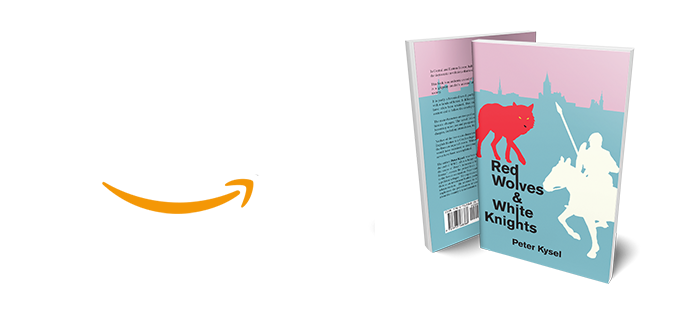 Peter was born in occupied Czechoslovakia towards the end of WW2. When he was ten months old, his aunt Irena took him on a train journey, to escape the impending uprising against the German occupation of Prague. The train was bombed by the Americans, but they escaped unhurt.
Peter was born in occupied Czechoslovakia towards the end of WW2. When he was ten months old, his aunt Irena took him on a train journey, to escape the impending uprising against the German occupation of Prague. The train was bombed by the Americans, but they escaped unhurt.
in February 1948 had, at first, a little impact on their family’s life. Gradually, as the young Peter was indoctrinated at school, this began to change. His parents realised that they were powerless to intervene, and their family business was confiscated.
Peter’s teenage years were marked by discrimination and harassment. At thirteen he was labelled by his schoolteacher “an enemy of the State.” Peter’s crime was to be a son of a father who had owned his designer studio. Peter was barred from the education that his grades had earned him. At sixteen he was arrested and the whole family was interrogated by the State Security for making a careless joke.
At eighteen Peter was sent for a year-long “re-education” by manual labour. He was going to carry the sign of “an undesirable” for life.
In the summer 1968, during a short window of political relaxation, Peter took the opportunity to travel to the UK, and while he was abroad, the Warsaw Pact armies invaded Czechoslovakia. His fate was sealed when the hard-line regime of was installed in Prague, giving him no option but to apply for political asylum.
Peter began a new life by washing dishes in a hotel in Llandudno, before becoming a student at Oxford, where he met his partner and future wife. They moved to London married and had a daughter. Peter found jobs in the private sector, ultimately moving into investment banking, while his wife worked as an educational researcher in the public sector.
After the collapse of communism in Europe Peter published articles about the market economy, appeared in media and became specialist on the central and eastern European affairs. He created the first public fund for investments in the post- communist countries. In 1993 the British government sent him to assist in the privatisation process in the Czech Republic and in the creation of its financial market. When the privatisation task was completed, he returned to London.
His wife died, after a thirty-six yearlong partnership and Peter gave up a permanent job. His daughter was the catalyst in Peter’s decision of becoming a writer.
Peter became a director and chairman of charitable organisations, including InterChange Trust, The Hamden Trust and WAP Performing Arts College and the British Czech and Slovak Association, and more recently a trustee of the Friends of Czech Heritage.

 Peter was born in occupied Czechoslovakia towards the end of WW2. When he was ten months old, his aunt Irena took him on a train journey, to escape the impending uprising against the German occupation of Prague. The train was bombed by the Americans, but they escaped unhurt.
Peter was born in occupied Czechoslovakia towards the end of WW2. When he was ten months old, his aunt Irena took him on a train journey, to escape the impending uprising against the German occupation of Prague. The train was bombed by the Americans, but they escaped unhurt.
